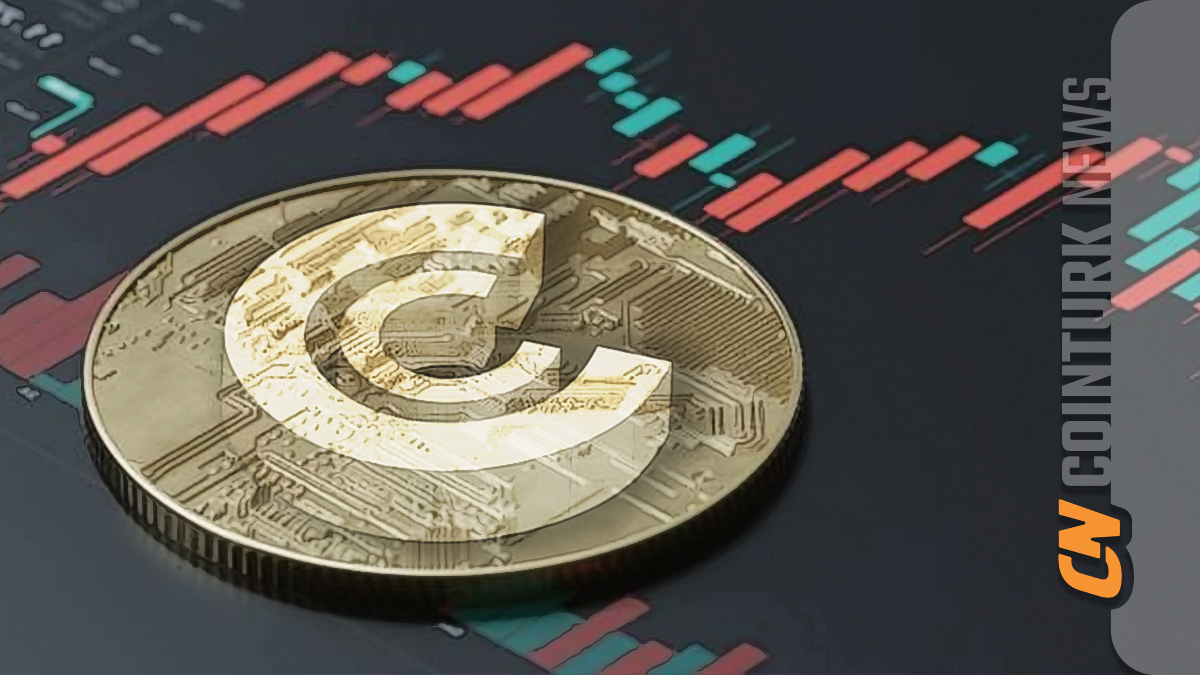According to a recent report by Bloomberg, the European Union is working on stricter regulations for artificial intelligence models. The report suggests that additional restrictions are expected to be imposed on large AI models. However, these restrictions are planned to apply only to large AI models.
Debates on Artificial Intelligence Continue
The rapid adoption of the artificial intelligence chatbot ChatGPT by a large user base shortly after its release has once again brought artificial intelligence technologies into the spotlight. ChatGPT, developed by OpenAI, became the first AI chatbot to reach a wide user base on a global scale, and following ChatGPT, various other AI technologies were released by many companies.

Furthermore, many technology companies, including Meta and Microsoft, have started developing new projects and making significant investments in the field of artificial intelligence. However, the potential risks of AI technologies have also become a subject of new discussions in the public during this process.
Many countries, including the United States, have started conducting various studies to evaluate the potential risks associated with AI technologies. US President Joe Biden has met with technology leaders at the White House on multiple occasions in recent months to address the potential benefits and risks of AI technologies.
Last week, it was reported that European countries have also accelerated their efforts regarding regulations on artificial intelligence. Bloomberg published a report stating that the European Union is working on stricter regulations for AI models.
European Union Could Adopt More Restrictive Regulations
Bloomberg recently published a detailed report on the European Union’s efforts regarding regulations on artificial intelligence. The report stated that the European Union is working on stricter regulations for large AI models. However, these additional restrictions are expected to apply only to large AI models like GPT-4, and new AI ventures will not be subject to strict regulations.
Furthermore, according to the report, these new regulations are still in the negotiation stage, and the European Union has not taken a concrete step in this direction. Additionally, there have been no official statements from authorities regarding the new regulations mentioned in Bloomberg’s report.










